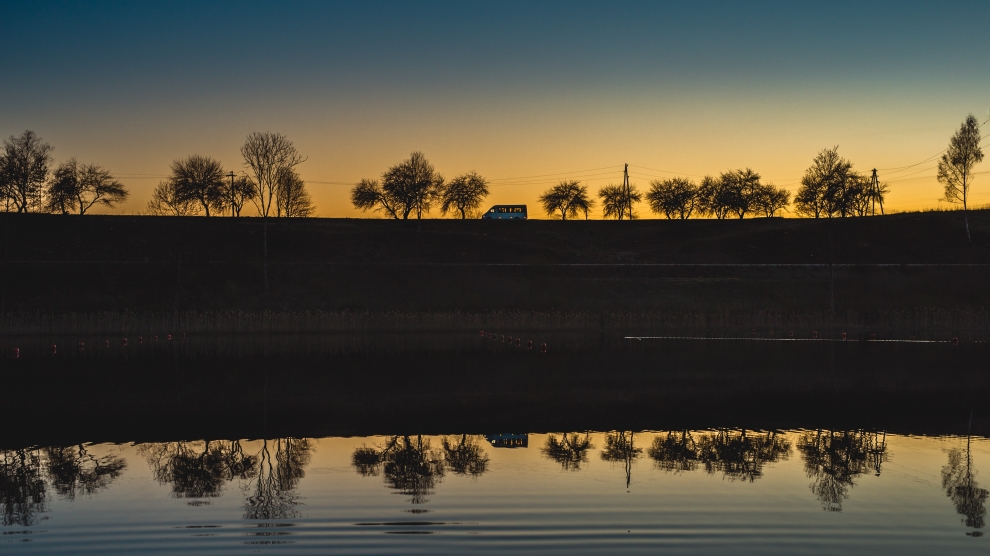Czechia, Estonia, Latvia and Slovakia are set to benefit from the lion’s share of a new round of European Commission funding for projects under the LIFE programme for the environment and climate action. The funding will support 10 large-scale environment and climate projects in a total of nine member States, helping Europe’s transition to a sustainable economy and climate neutrality.
The large-scale projects will support the European Green Deal and the EU’s ambition of becoming the world’s first climate-neutral continent by 2050. They will help to restore and conserve ecosystems and species we all depend on, move towards a circular economy, improve air and water quality, boost sustainable finance and increase climate resilience in Europe.
“The European Green Deal is about improving the well-being and prosperity of our citizens, while protecting nature and the climate,” said Executive Vice-President of the European Commission Frans Timmermans. “LIFE projects have played an important role for many years and have a big impact on the ground. With this 100 million euro investment we will help to preserve precious natural habitats, keep the air clean, and cut pollution in many lakes and rivers in Europe.”
The LIFE investment is set to mobilise over 6.5 billion euros of complementary funds, as member states can also make use of other EU funding sources, including agricultural, regional and structural funds, Horizon 2020, as well as national funds and private sector investment.
Commissioner for the Environment, Oceans and Fisheries Virginijus Sinkevičius said: “LIFE integrated projects enable Member States’ authorities to make a real difference to the environment and people’s lives. The projects will help member states to conserve nature, improve air and water quality, and make the economy greener. This will improve our resilience to the changing climate.”
Forest and farmland habitats and species in Estonia are threatened by changing management practices, hydrological conditions, climate change and urbanisation. LIFE-IP ForEst&FarmLand will improve nature conservation practices in forests and farming areas within the EU Natura 2000 network of protected areas in Estonia. A range of conservation tools and methods will be introduced, with actions involving landowners, local authorities and the general public.
As one-third of the country’s Natura 2000 sites are located on private land, increased involvement of landowners in nature conservation is crucial. The project will eradicate invasive alien species, draw up action plans for pollinator species and restore 5,000 hectares of forest habitats, grasslands and coastal areas.
Slovakia suffers from poor air quality which affects both public health and the environment. Particulate matter from burning of solid fuels for household heating and nitrogen oxide emissions from transport are especially problematic. LIFE-IP SK AQ Improvement will help Slovakia comply with EU directives on air quality, reducing the population’s exposure to harmful air pollutants. Measures such as encouraging less-polluting forms of transport and replacing inefficient, old boilers will be promoted, reducing households’ emissions of fine particles by 25 per cent. Management and monitoring of air quality at regional and local level will be improved and authorities assisted with implementing air quality management plans. The project will also target all regions of neighbouring Czechia, which is affected by similar problems.
Management of river basins in Latvia must be improved in order to meet the standards required by the EU Water Framework Directive. LIFE GoodWater IP will implement in full the measures set out in management plans for Latvia’s four river basins, improving water quality in the country’s rivers and lakes. As a result, five per cent of the water bodies currently at risk are expected to achieve ‘good’ status. Long term, the project should indirectly help up to 30 per cent reach this level. LIFE GoodWater IP will reduce pollution in water bodies caused by urban wastewater and by nutrients in run-off from agricultural and forestry land. The project will also improve hydrological conditions and restore natural river dynamics by adding boulders and gravel at key sites while removing silt and vegetation at others.
The LIFE programme is the EU’s funding instrument for the environment and climate action. It has been running since 1992 and has co-financed more than 5,400 projects across the EU and in third countries. At any given moment some 1,100 projects are in progress. The budget for 2014-2020 is set at 3.4 billion euros in current prices. LIFE integrated projects were introduced in 2014 to help member states comply with key EU environmental, nature and climate legislation. For the next long-term EU budget for 2021-2027, the Commission is proposing to increase funding by almost 60 per cent for LIFE.






Add Comment